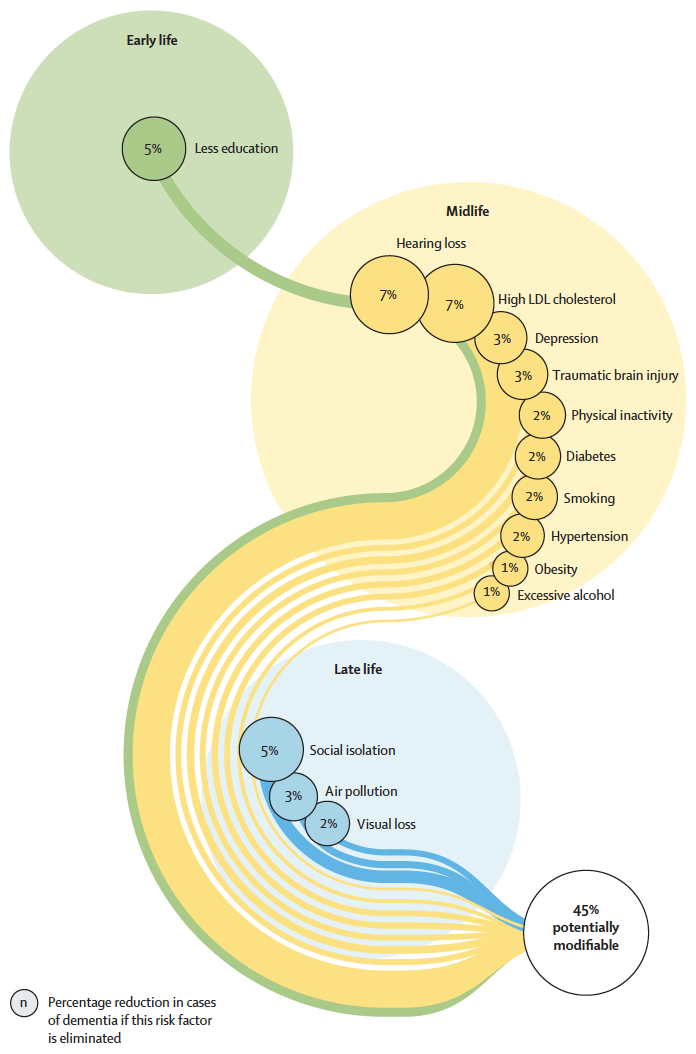
Hot Off the Press! Blood Test for Alzheimer’s Disease, Flu Vaccines Reduce Dementia Risk, and More: Research Highlights from the 2020 Alzheimer’s Association International Conference You Need to Know
Each July the Alzheimer’s Association International Conference offers a glimpse of the cutting-edge research on Alzheimer’s disease and related dementias. This year’s conference, held online, included many exciting advances in the science of dementia. Here are a few that you need to know about.
Coming Soon to Your Doctor’s Office? A Blood Test for Alzheimer’s Disease. Several researchers reported significant progress towards an easily available diagnostic blood test for Alzheimer’s disease. Studies found that tests for abnormal versions of tau protein, specifically p-tau217, could potentially identify the disease with more specificity than current methods and in some cases even two decades before dementia symptoms occur. This finding is particularly exciting as early biomarkers have long been the “holy grail” of Alzheimer’s research. Currently diagnosis of dementia is made once clinical changes are evident and significant deterioration has already been established. Early biomarkers like a blood test would allow scientists to identify those with the disease or at risk before clinical changes have been established, making it easier to design effective interventions to delay or arrest the disease. A simple serum test would also be less costly and more accessible than current diagnostic tests. But don’t expect your doctor to have an Alzheimer’s test available anytime soon. While these findings are a huge step forward, research must continue with larger, confirmatory studies prior to available testing for the general public. Not surprisingly, the idea that a blood test for Alzheimer’s disease is within reach gained a lot of press. For a good overview of the research, see this article from the New York Times.
Get That Vaccine! Flu and Pneumonia Vaccines Shown to Reduce Dementia Risk. Looking for something you can do right now to reduce your dementia risk? Get your vaccines! Research presented at the AAIC showed that getting even one flu vaccine could reduce your risk for Alzheimer’s disease by 17%, with more frequent flu vaccination adding another 13% reduction in risk. Other research found that the pneumonia vaccine offered even greater protection against Alzheimer’s dementia, reducing risk by up to 40% in those ages 65-75 years. As Maria Carillo, Chief Science Officer of the Alzheimer’s Association, shared “It may turn out to be as simple as if you’re taking care of your health in this way — getting vaccinated — you’re also taking care of yourself in other ways, and these things add up to lower risk of Alzheimer’s and other dementias.” Given that the seasonal flu and pneumonia already carry greater health risks as we age, these additional findings make getting your flu and pneumonia vaccines a “no brainer.” Here’s a great article covering the vaccine research from NPR.
Even More Proof that It’s Never Too Early to Think About a Brain Healthy Lifestyle. AAIC presentations included several confirming that a brain healthy lifestyle from an early age essential to reducing dementia rates. Of particular note are studies showing cardiac risk factors such as obesity, high blood pressure and being overweight in teenagers and young adults are associated with a significant decrease in late-life cognition, particularly among African Americans. Other researchers reported a higher body mass index (BMI) in adolescence was associated with greater dementia risk in older adulthood, a risk that was even more significant for women. Finally, other research demonstrated that high-quality early education was associated with significantly improved cognition, memory and reduced dementia risk in later years. While these findings confirm earlier research, together they continue underscore the need for a strong public health approach to dementia prevention that stresses the importance of brain health at every age. Dr. Maria Carrillo, Chief Science Officer, Medical and Scientific Relations, at the Alzheimer’s Association, speak to CNN about this latest research here.



